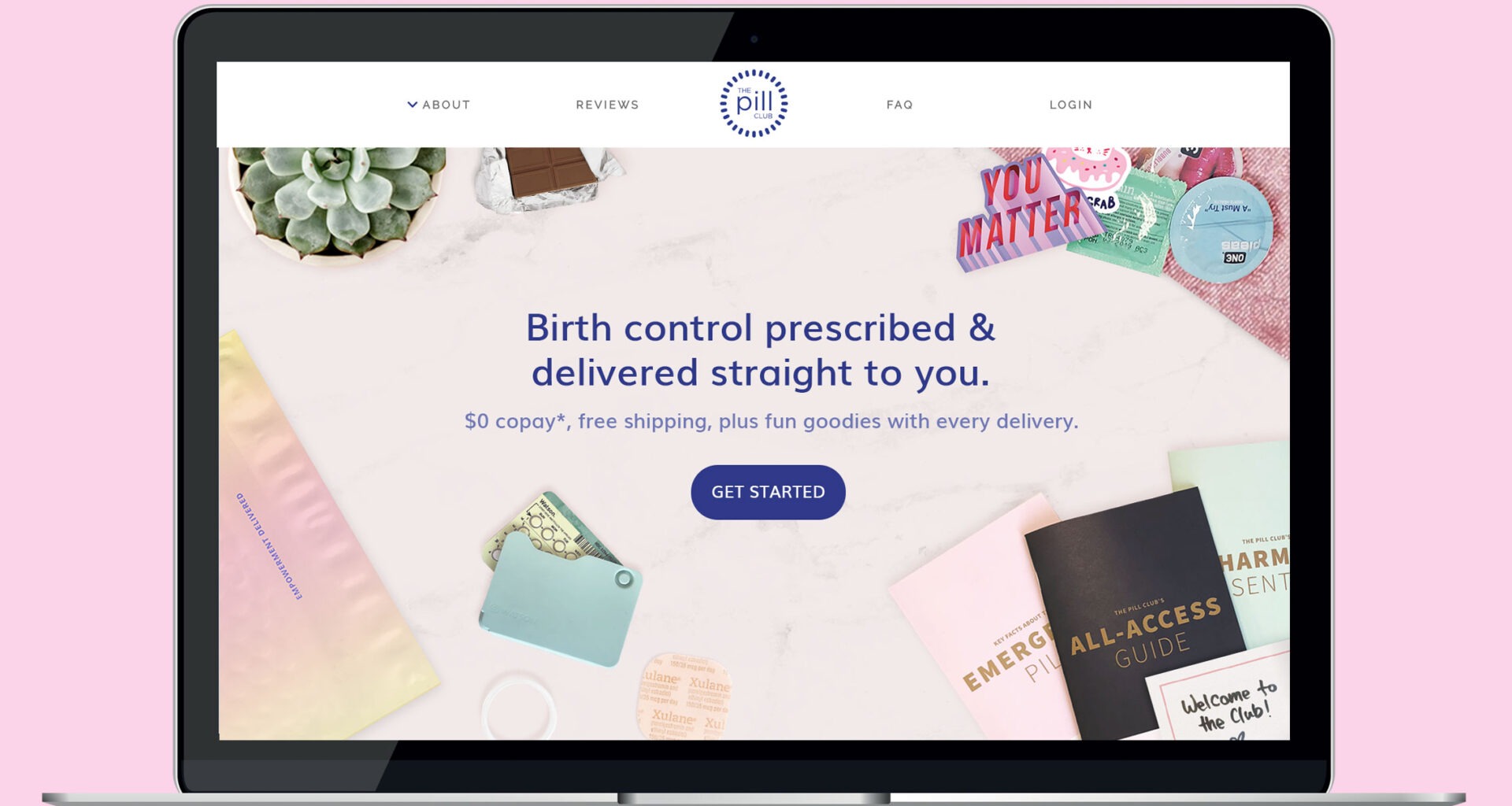In the early days of femtech, a category of tech that focuses on women’s health, apps such as Clue and Natural Cycles which used data and insights to help women track their menstrual cycles ruled the sector.
But if the sector wants to grow and reach $50 billion by 2025 as Frost & Sullivan has predicted, it needs to move beyond just period tracking. These new wave of femtech startups are doing just that.
For Maya Baratz Jordan, CEO and partner at Founders Factory New York which runs an accelerator programme focused on digital health, it’s about time something came along that really solves the issues women face when it comes to healthcare. “Standard medicine, health products and services, were created with mostly men in mind and women’s health has been handled almost like an illness with markets geared to viewing women as a pregnancy vessel versus viewing them as a whole,” she says.
“Now we’re seeing femtech evolve into a space that is allowing women to really own their bodies so they can take the steering wheel and they can start understanding exactly how everything connects and how the hormones really make them different.”
The search for the magic pill: inside the world of contraceptive tech
It’s all about finding those overlooked blind spots in health. One start-up Founders Factory has invested in is Stix, a direct-to-consumer company which creates discreet pregnancy and ovulation tests that are delivered straight to a customer’s door. So far, so women’s health. But, what Stix has jumped on is the little-known fact that women who are trying not to get pregnant buy pregnancy tests at the same rate as women that are. Stix’s customers use the products to learn more about their bodies, and by removing the traditional pregnancy test design of babies and the like, it’s able to appeal to a wider set of customers.
“Stix takes the approach that there is no necessary goal, it’s more about knowing, being more in control of your body and understanding how your fertility works and how to be able to take ownership of that,” explains Baratz Jordan.
Fertility is a big category of the femtech space with companies in the UK including Adia which lets women take hormone tests at home to give them insights into their personal reproductive health, as well as Apricity a digital fertility clinic, which has created an algorithm to predict how well women will react to IVF. Then there’s the rise of contraceptive tech companies, using data and insights to help women make better choices about contraceptives such as The Lowdown.
However, fertility isn’t the only area Baratz Jordan is keeping an eye on. Companies catering to those going through the menopause are also starting to gain momentum such as Astinno, creator of a cooling bracelet which helps alleviate symptoms of hot flushes. “It’s an interesting category because you’re talking about half of the population for the second part of their lives, it’s a massive market that’s been very much underserved.”
The Grace bracelet helps cool down women going through hot flushes
The hope is that as the sector grows and matures, it can shake off the femtech moniker. Shardi Nahavandi, CEO and co-founder of Pexxi which is a personalised healthtech start-up aimed at women’s health, isn’t a fan of the term. “I don’t love the word because there’s no ‘mentech’”, she says.
“The way you look at it, 20 years ago tech used to be a vertical, and as it matured everything is tech,” says Baratz Jordan. “I think the same thing will happen with tech whereas as this industry matures it will just be healthcare and fixing general healthcare. It’s going to be very much all connected and much wider than femtech.”







